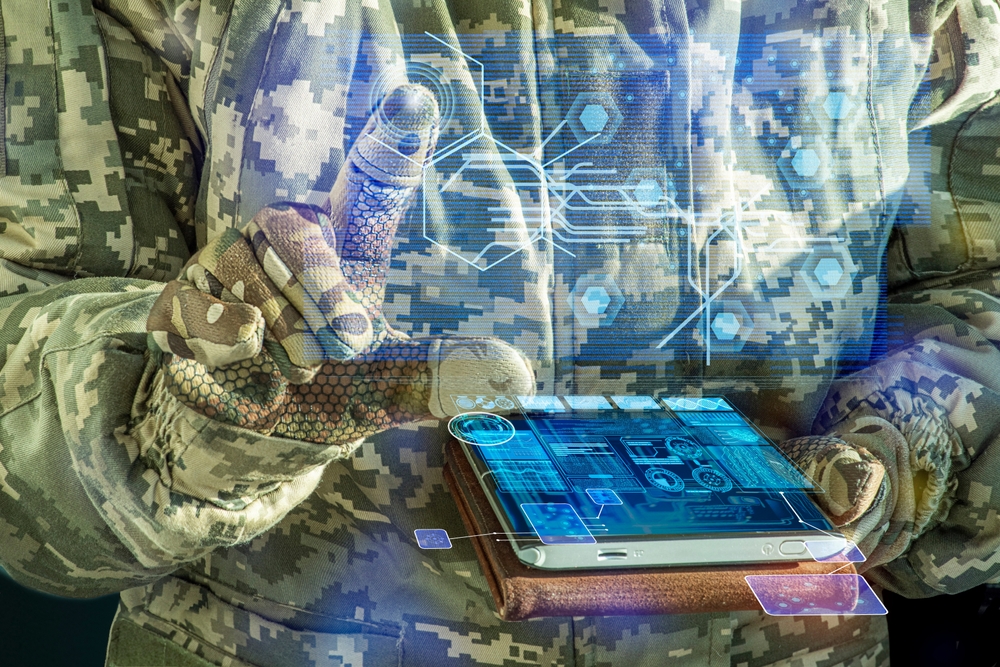The wild uptake of artificial intelligence is attracting the need for new policy positions to avert monopolising the latest technology. The potential utilisation of artificial intelligence in future combat dominated the recent round of talks among world leaders.
Russia President Warns Against Monopolising AI
The world leaders signalled the need for shared policies to regulate AI development. Russian President Vladimir Putin urged policymakers to establish realistic guardrails to avoid allowing the West to monopolise AI.
A Friday, November 24 publication by Reuters captured Putin’s stance in the just concluded AI conference that Russia is embarking on an ambitious strategy. During the Artificial Intelligence Journey conference, the Moscow leader declared that he would sign a presidential decree supported by a national strategy to guide AI development.
Speakers at the conference gained the attention of increased rivalry portrayed by Microsoft, Amazon, and Google as each pursues the unveiling of advanced AI. The pursuit is attracting comparison to the nuclear arms race, particularly with rivalry unfolding in the United States versus China contest.
Shield AI Unveil Development of Combat AI
Integrating AI in military activities is at the top of the agenda of contractors led by Lockheed Martin, Raytheon, and General Dynamics. The trio have reported developing AI technology for military utilisation.
San Diego-headquartered Shield AI revealed the development of combat AI, as illustrated in a Netflix documentary called Killer Robots. Shield AI has specialised in defence and aerospace technology since its establishment in 2015. The Shield AI projects are steered by the co-founders Brandon Tseng, Andrew Reiter and Ryan Tseng.
Shield AI is behind the Nova line of products involving unmanned aerial vehicles (UAV) utilised by the US military within urban settings where GPS and radio frequencies prove unavailable.
Automating war machines would make film visions accurate. Shield AI’s engineering head, Willie Logan, dismisses such a perspective, indicating that integrating AI battlefields seeks to save lives.
Logan considers Nova a product that allows one to explore an infrastructure by pushing a button. He added that Nova can spin 360 degrees while surveying the environment for evidence-led decisions.
The primary goal of developing Nova is to give ground soldiers insights into structures before entering such buildings.
Shield identifies software development as a ‘hivemind’ and differs from AI-powered UAVs. Logan indicated that the hivemind does not rely on humans to guide its fly and identify the target. Instead, it deploys unique programming to explore and monitor the targets upon their discovery.
Shield AI’s interest features in its recent partnership with Kratos Defense. The partnership aligns with its growing interest in AI brain integration into drones. It targets adding an AI pilot to the unmanned XQ-58A fighter jet—the Valkyrie.
Shield AI executives iterated their pursuit of military-oriented AI products in their October announcement, confirming a $200 million injection. The round raised Shield AI’s valuation to $2.7 billion.
US Huge Investment Military-Oriented AI Initiatives
In a recent announcement, the US military confirmed its heavy investment in leveraging AI. The project features a pursuit of generative AI to execute virtual military operations fed into an AI model.
The Deputy Secretary of Defense Kathleen Hicks had in August launched the Pentagon’s Replicator. The initiative targets establishing autonomous systems on the scale of thousands across various domains in 1.5 to 2 years.
The development of battlefield AI has attracted interest from the European-based defence company Helsing. The defence developer raised $223 million during its Series B round, which concluded in September. The funding round saw Swedish aircraft and auto manufacturer Saab behind the Gripen fighter jet.
Safeguard Humanity From Harm in Military-Oriented AI Initiatives
Logan stated that while the killer robots idea is considered an invaluable Hollywood blockbuster, AI should prioritise safeguarding humans from harm.
Logan illustrated the shield component in the San Diego-based company to enhance US military capability. As such, Shield AI offers a deterrence.
Logan stressed that though the US would not develop AI tools for deployment in war, other countries would readily pursue such projects.
Logan urged the need for Shield AI to pursue the frontrunner in designs portraying the rightful way for the world to utilise. As such, he considers the pursuit of safety primarily in their plans to deter bad developers from executing such incorrectly.
